Fast Finisher Tasks: The Puzzle Box
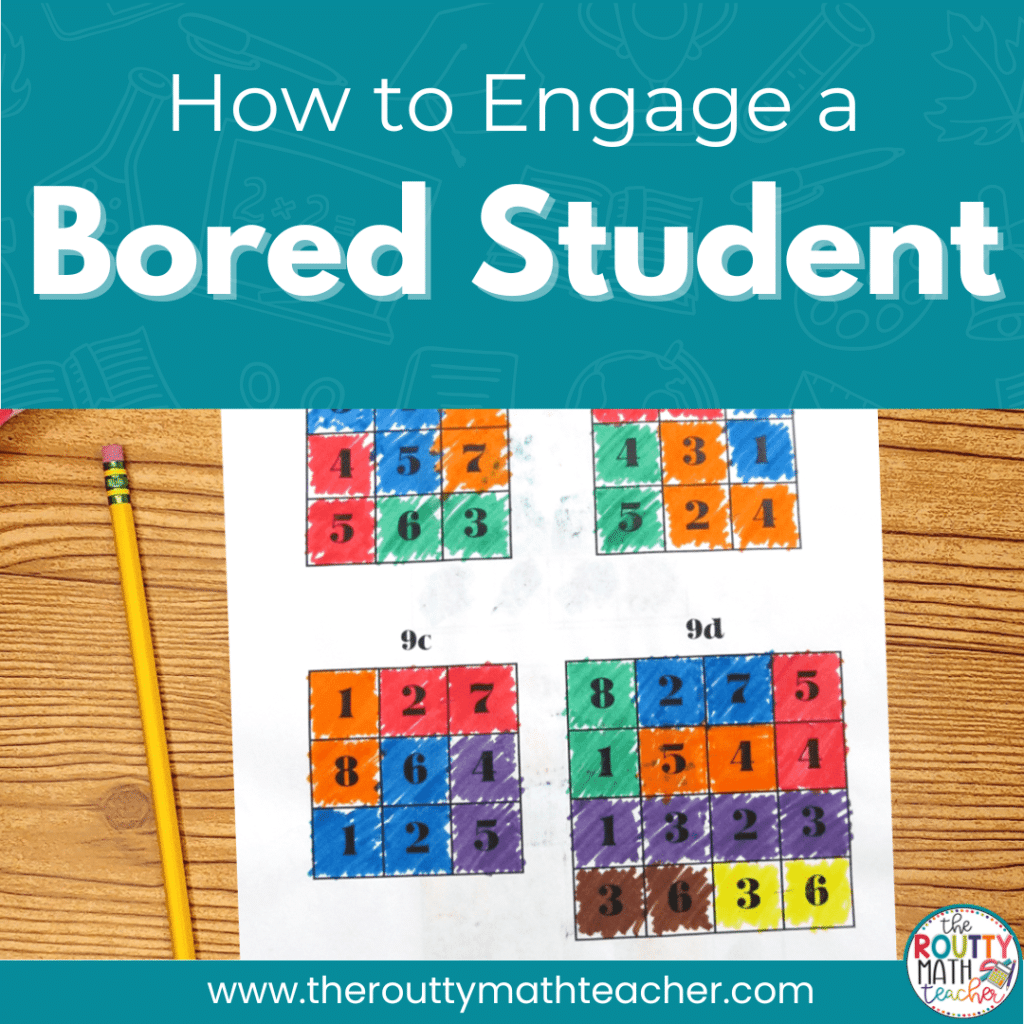
Have you ever had a parent tell you their student is bored in your class? Have you searched high and low for fast finisher tasks? Look no further! In this post, I share a fool-proof way to keep your students challenged with the ultimate fast finisher tasks.
I looked down at my watch. It was 4 o’clock– one more conference to go.
“Richard is a bright boy,” I thought to myself. This one should be easy.
As I waited for Richard’s parents to arrive, I gulped down a bottle of water. After 18 conferences, my mouth was dry and my head was drained.
I couldn’t wait to head home. I could smell the savory aroma of the pot roast I left cooking in the crockpot. Yum, yum!
“Hello Mr. and Mrs. Gordon,” I said cheerfully as they walked up to the door.
After I invited them in, we sat at my small group table.
“I really enjoy having Richard in the class. He is such a hard worker and I can always count on him to give 110% effort when we are solving problems in math.”
Richard’s parents nodded in agreement, but I could see a look of concern on Richard’s mom’s face.
“Richard tells us he’s bored in your class. We’re worried that he’s not being challenged. Do you have any extra work he can do?”
Richard’s dad glared at me while waiting for my response.
The Cure for Boredom
I know. We’ve all heard it a thousand times.
Well, after this, I was determined not to hear it 1,001 times.
When I am honest with myself, I knew that my brightest students often completed their work and had nothing else to do. Sure, they could always read a book, but that gets old– fast.
I needed something else I could use with these students, any students really, that would keep their little wheels turning– I needed to find some ways to challenge my students beyond the work we did in class.
It didn’t take long before an idea came to me. I love math challenges and puzzles, so I thought about creating a puzzle box.
What is a Puzzle Box?
The puzzle box is a set of puzzles and math challenges that I use as fast finisher tasks for my students when they finish an assignment or need an extra challenge.
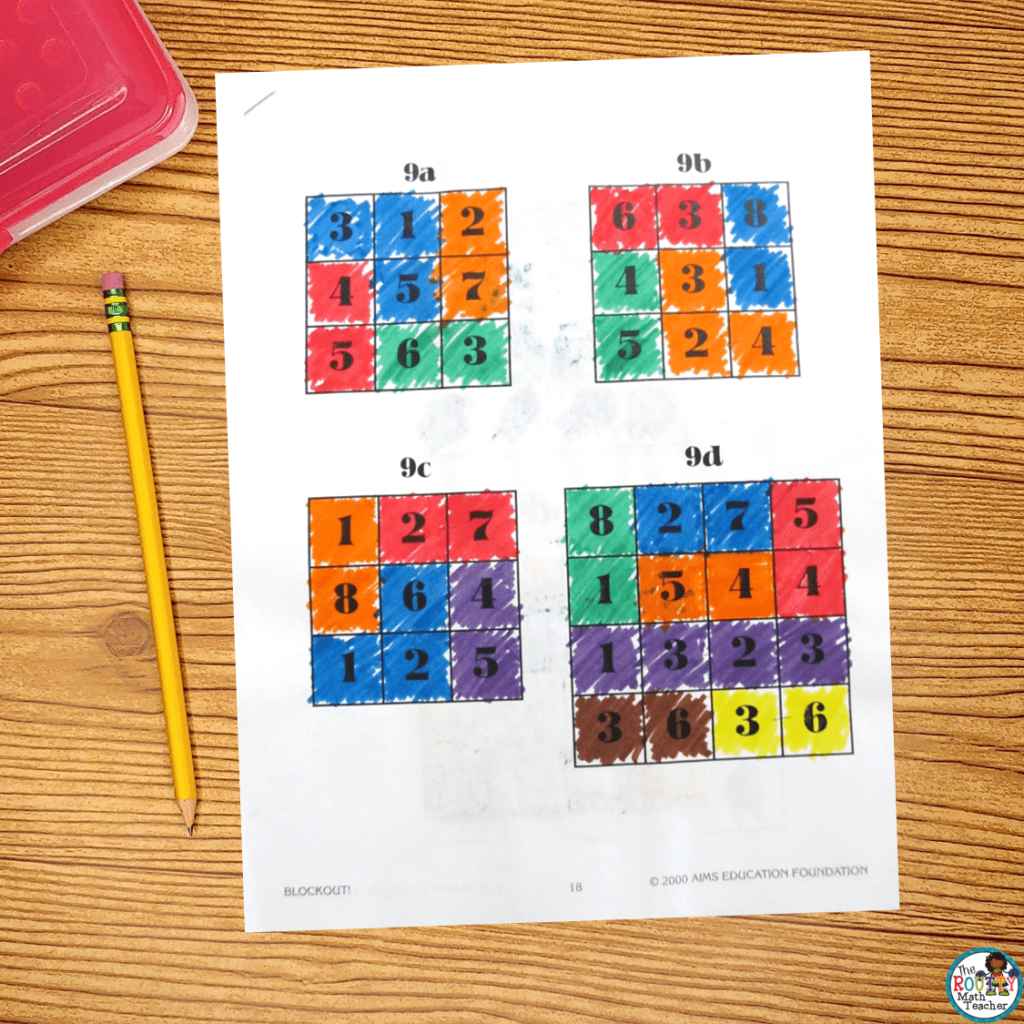
How to Create a Puzzle Box
There are several strategies I have used to create a puzzle box over the years. The simplest way is to use a file box that has hanging files inside; however, you can also use a hanging file folder organizer attached to a wall or hung over a cabinet or classroom door. If you have a bulletin that is accessible to all of your students, you can create a Puzzle Corner by stapling file folders to the bulletin board.
Using an accessible location to display the puzzle box/corner keeps all of the puzzles in a convenient location and allows students to search for a task that matches their ability level.
In addition, I always keep my puzzle box near a shelf with a variety of manipulatives, like centimeter cubes, toothpicks, and pattern blocks, so that students have access to manipulatives to support them while they are working through the fast finisher tasks.
How to Use the Puzzle Box
Once you set-up the puzzle box, you will need to introduce it and the tasks to your students. Because understanding the puzzles can initially be a challenge for students, you can remove this barrier by introducing one or two puzzles at a time and giving the students time to play with the task before placing them in the box. I typically introduce two or three new puzzles during each grading period and then add them to the box for students to complete throughout the year.
Another method is to introduce a handful of tasks at once and allow students to review them before deciding which one to try. (Note: I find a lot of wasted paper this way because a student will try a task, realize it’s too hard, and throw the paper away.)
A third method is to use seasonal puzzles and fast finisher tasks to fill your box. The tasks will change each month or season, but students will have an opportunity to get familiar with the format of several different types of challenges.
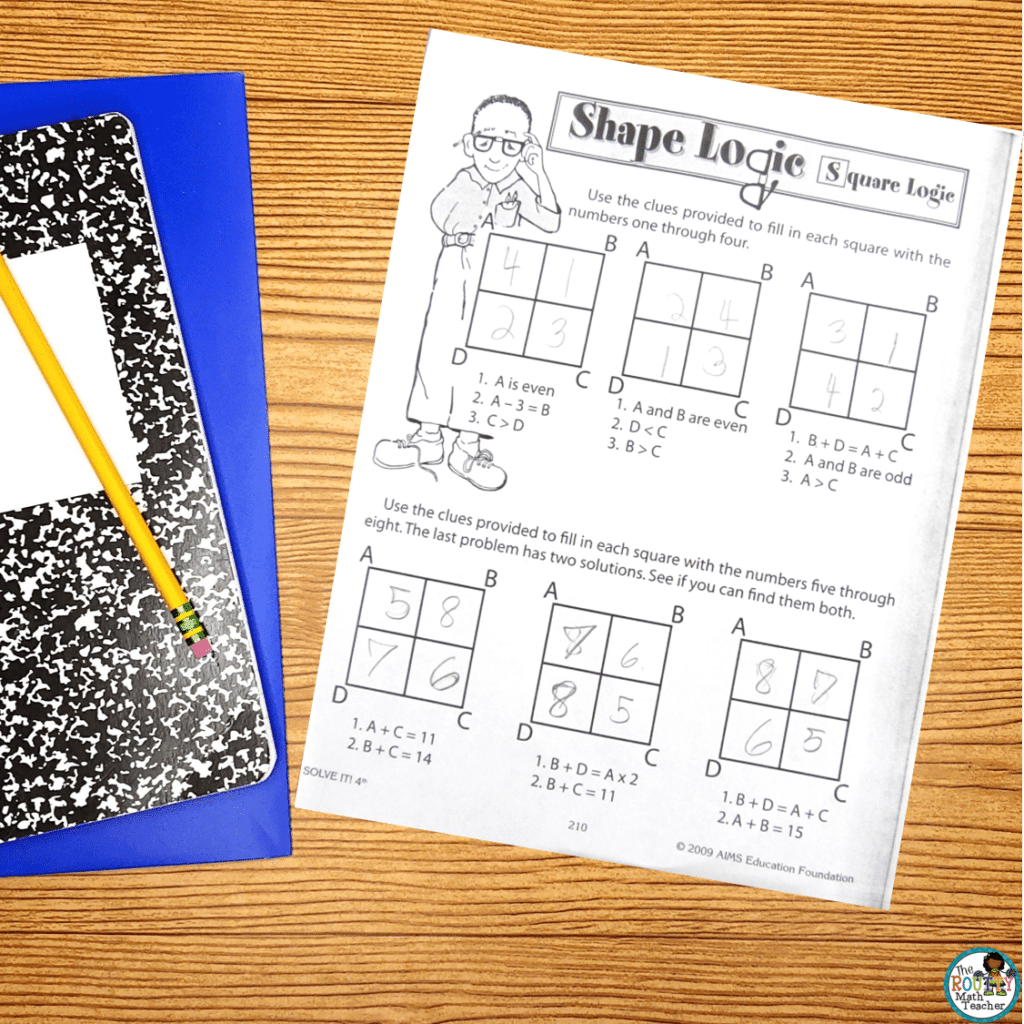
Where to Find Fast Finisher Tasks
When I first started using the puzzle box idea, I found a lot of puzzles to use on the AIMS Education website. They have lots of free puzzles to download and use in the classroom. Here are some of my favorites:
- Goalpost Puzzle
- The Frustrated Farmer
- Linking Bridges
- How Many Squares?
- The Eight-Digit Puzzle
- Flipping Fish
- Penny Pinning Puzzle
Note: AIMS Education removed these puzzles from their website; however, you may be able to find them via a Google search or a Puzzle Play book on the Amazon Marketplace.
There are many other sources for puzzles and fast finisher tasks, including my seasonal problem solving.
Other Ways to Use the Puzzle Box
My students love working on puzzles! And, when they find the right “fit,” they want to invest the time to complete the task.
After students complete a puzzle, I typically review the work and provide a reward of some sort, such as extra credit, classroom cash, etc, for correct solutions. This strategy worked particularly well with my middle school math classes because I only saw them for a short period of time and it may take several class periods to complete a puzzle.
However, with my self-contained classes, I used the puzzle box a different way– I added them to my menu boards. Whether a content-focused menu or a challenge menu, puzzles and fast finisher tasks helped me fill the spaces.
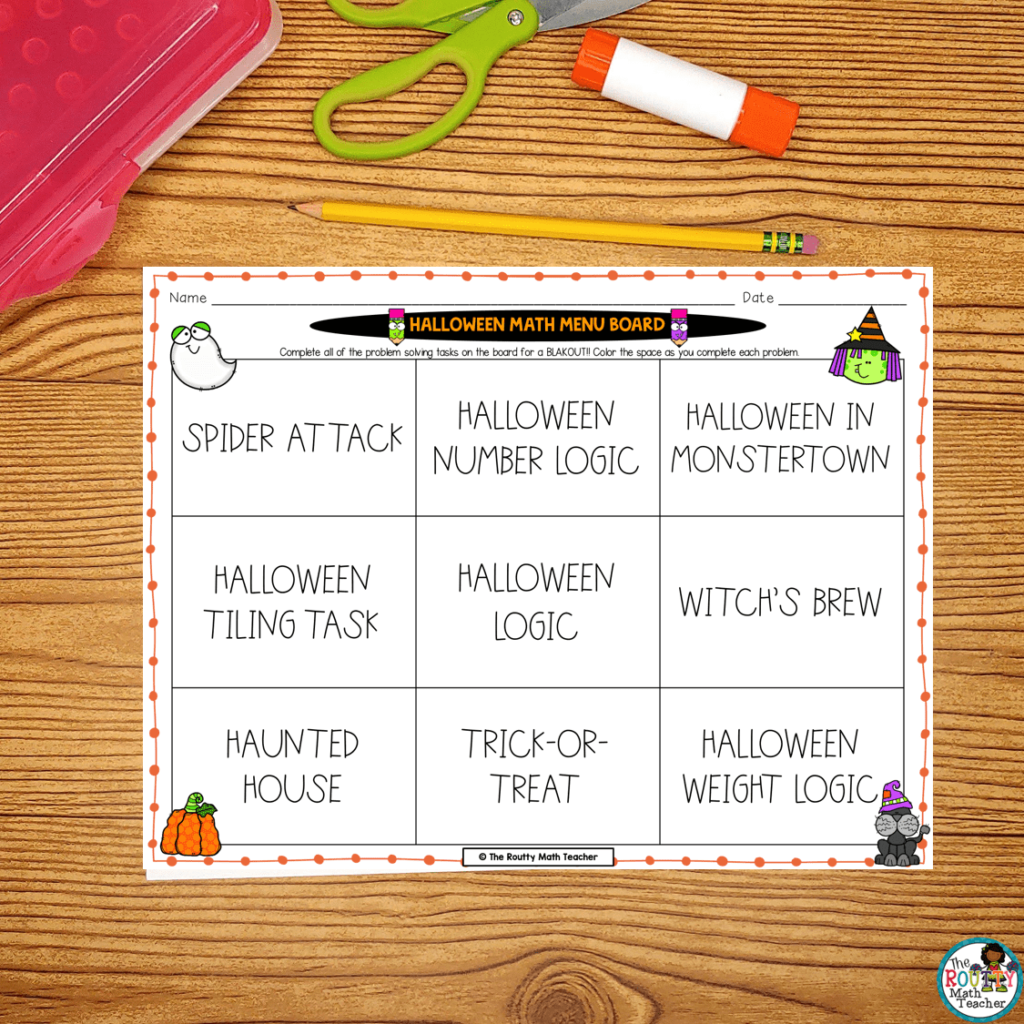
No More Boredom Blues
Puzzles are my absolute favorite critical thinking activities to keep my students engaged and on task throughout the school day. Even better, critical thinking puzzles are among my students’ favorite activities too!
After implementing the puzzle box, Richard was bored no more. In fact, Richard’s parents emailed me later in the year to ask where they could find puzzles to use with Richard over the summer. Score!
Grab a free seasonal math menu for fast finishers using the form below!
Sound Off!
What are your favorite fast finisher tasks? Respond in the comments below.
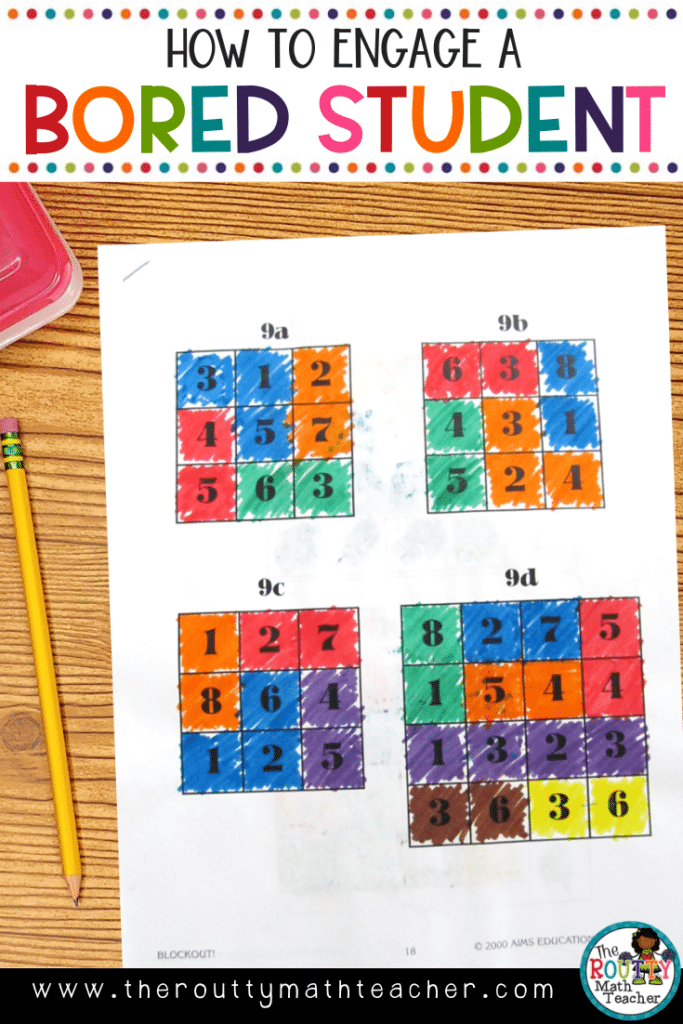



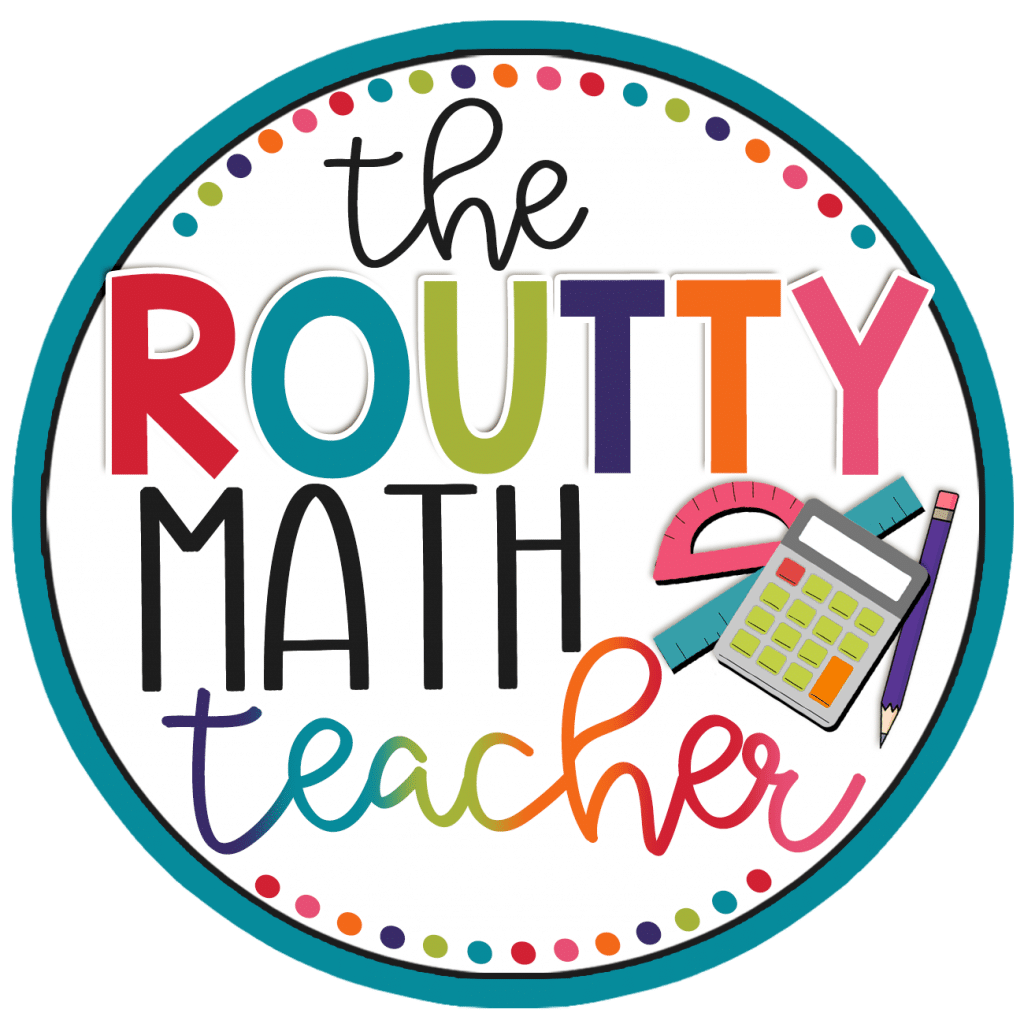
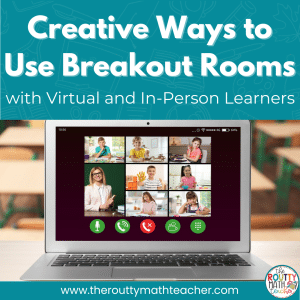
4 Responses
I cannot fin any of the AIMS puzzles that you mention. Do you know if these are still supposed to be available?
Hi Julie! I apologize for the links not working. It looks like AIMS removed all of their puzzles and resource books. What a bummer! I will remove the links from the post. Thank you for letting me know. By the way, if you’re interested, you can find used copies of some of the puzzle books on Amazon. Just do a Google search and they will pop up.
~ Shametria
The AIMS puzzles are not available. Do you know if we can access them another way?
Hi Cindy! The AIMS puzzles may not be available anymore via their website. I believe they shut down their store; however, you may be able to find puzzles on Amazon or from the Amazon Marketplace. I found this one on Amazon: https://www.amazon.com/Puzzle-play-AIMS-activities-Youngs/dp/1881431959. You may want to check it out and look for any other books like it. I hope this helps!
~ Shametria